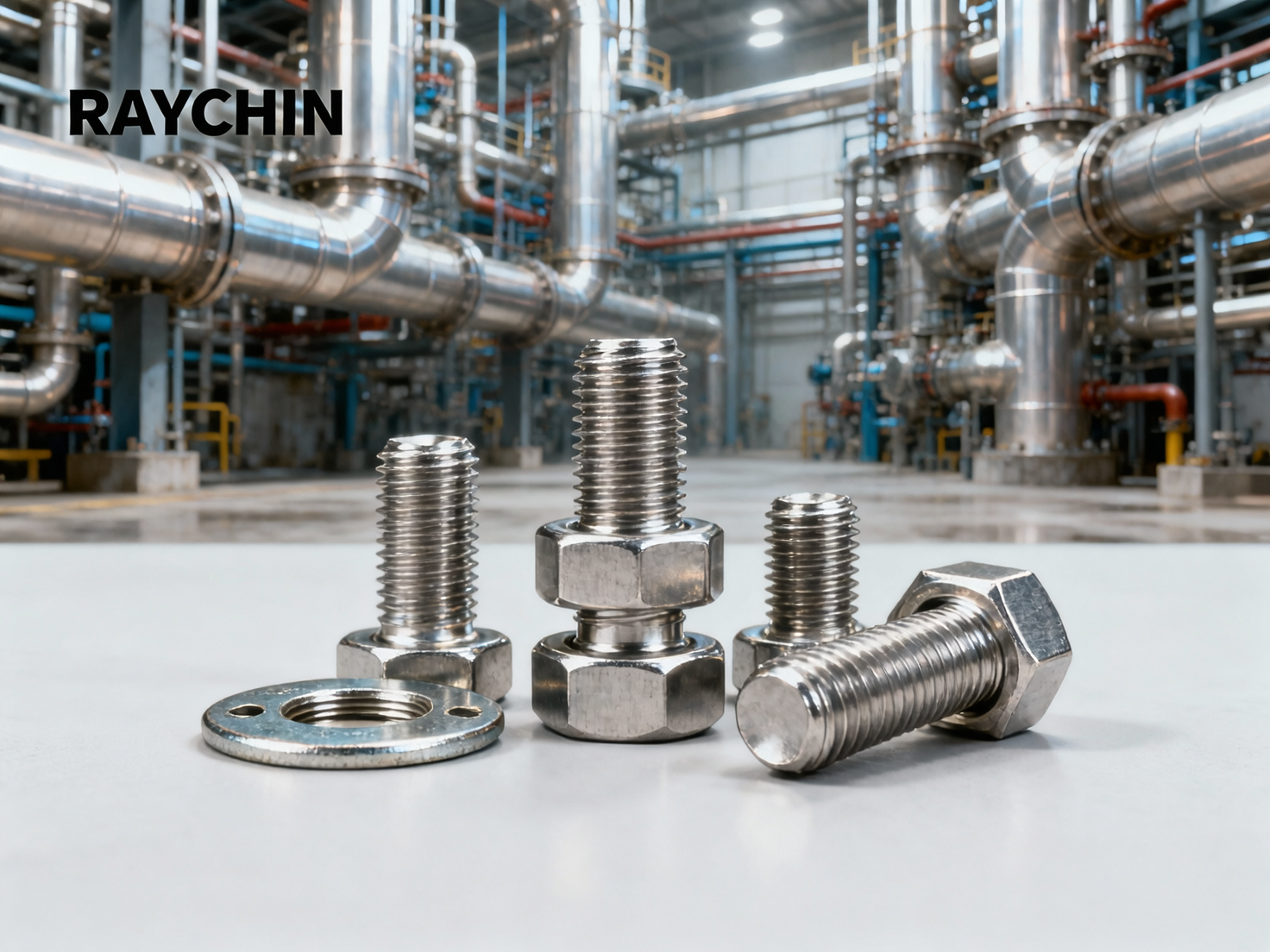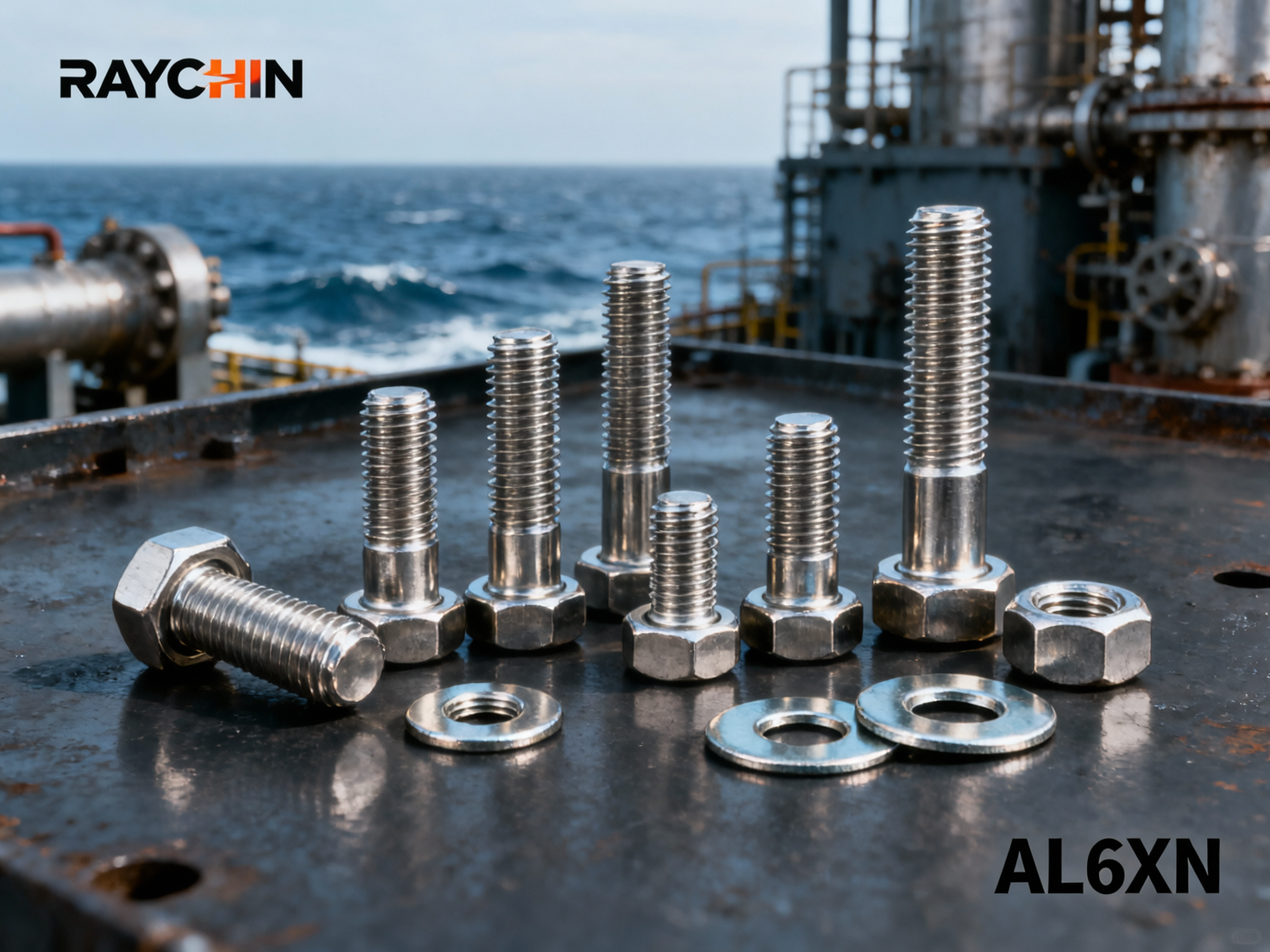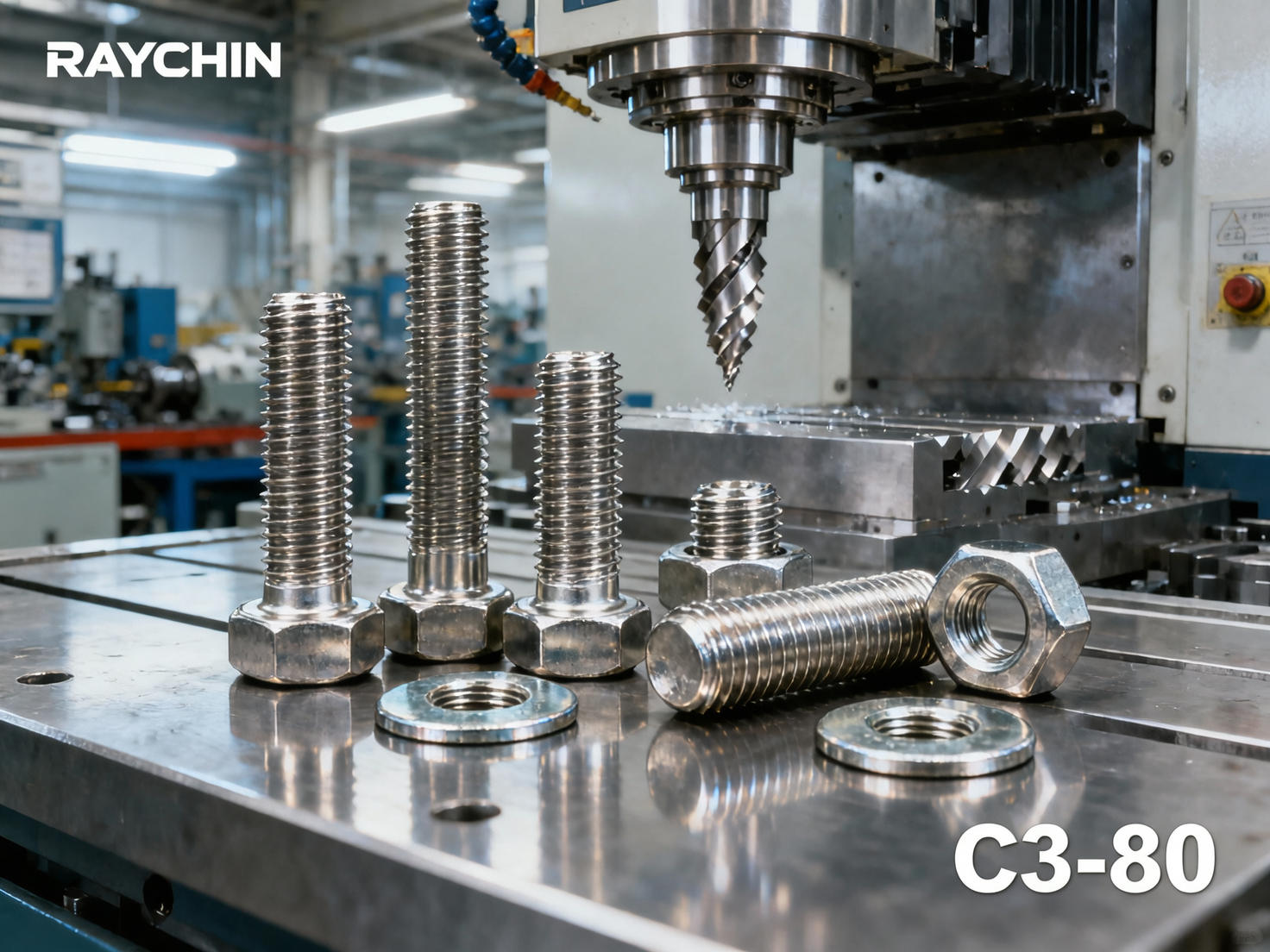Categories List
Recent Posts
![Duplex Stainless Steel Fasteners: The Guide to High-Strength Corrosion-Resistant Fastening Solutions Duplex Stainless Steel Fasteners: The Guide to High-Strength Corrosion-Resistant Fastening Solutions]() Duplex Stainless Steel Fasteners: The Guide to High-Strength Corrosion-Resistant Fastening Solutions
Duplex Stainless Steel Fasteners: The Guide to High-Strength Corrosion-Resistant Fastening Solutions![AL6XN Fasteners: The Guide to Super-Austenitic Stainless Steel Solutions for Severe Chloride Environments AL6XN Fasteners: The Guide to Super-Austenitic Stainless Steel Solutions for Severe Chloride Environments]() AL6XN Fasteners: The Guide to Super-Austenitic Stainless Steel Solutions for Severe Chloride Environments
AL6XN Fasteners: The Guide to Super-Austenitic Stainless Steel Solutions for Severe Chloride Environments![C3-80 Fasteners: The Complete Guide to Martensitic Stainless Steel Solutions for General Corrosion Resistance C3-80 Fasteners: The Complete Guide to Martensitic Stainless Steel Solutions for General Corrosion Resistance]() C3-80 Fasteners: The Complete Guide to Martensitic Stainless Steel Solutions for General Corrosion Resistance
C3-80 Fasteners: The Complete Guide to Martensitic Stainless Steel Solutions for General Corrosion Resistance
How Inconel Stud Bolts Enhance Industrial Safety?
In high-risk industrial operations, fastener failures can lead to dangerous leaks, equipment damage, or even loss of life. This is why leading engineers specify Inconel stud bolts and complementary Inconel nuts and washers for critical applications. The unique metallurgical properties of these nickel-chromium-based superalloys deliver three fundamental safety advantages that conventional steel fasteners cannot match.
1. Unparalleled Corrosion Resistance
Unlike standard fasteners that degrade in harsh environments, Inconel bolts maintain structural integrity when exposed to:
Chemical Processing Applications
Inconel fasteners demonstrate exceptional resistance to acids, chlorides, and caustic solutions. A 2023 industry study showed Inconel 625 stud bolts lasting 8-10 times longer than stainless steel alternatives in sulfuric acid exposure tests, preventing dangerous leaks in chemical reactors and piping systems.
Offshore and Marine Environments
The combination of saltwater resistance and high strength makes Inconel 718 the preferred choice for subsea flange connections. These fasteners withstand seawater corrosion at depths exceeding 3,000 meters while maintaining required clamping forces.
2. Extreme Temperature Performance
Inconel stud bolts maintain their mechanical properties across temperature extremes that would compromise other materials:
High-Temperature Applications
Inconel 600 fasteners retain 85% of their room-temperature strength at 1000°F (538°C), making them indispensable for:
Power Generation Systems
Turbine casing bolts in combined-cycle plants require this thermal stability to prevent catastrophic failures during rapid temperature fluctuations.
Aerospace Components
Engine mounting studs experience both extreme heat and vibration loads, where Inconel's creep resistance prevents dangerous loosening over time.
Cryogenic Service
Unlike materials that become brittle at low temperatures, Inconel 725 fasteners maintain ductility in LNG storage tanks operating at -260°F (-162°C), ensuring leak-proof connections in these critical containment systems.
3. Mechanical Reliability Factors
Beyond environmental resistance, Inconel stud bolts provide essential mechanical safety advantages:
Fatigue Resistance
The alloy's microstructure gives Inconel fasteners exceptional fatigue life—critical for applications like:
Pressure Vessel Connections
Cyclic pressure changes can cause standard bolts to fail unexpectedly. Inconel's endurance limit prevents such fatigue failures in refinery equipment.
Stress Corrosion Cracking Resistance
This hidden danger causes sudden brittle fractures in stressed components. Inconel 276 fasteners are virtually immune, making them mandatory for sour gas service per NACE MR0175 standards.
Optimizing Inconel Fastener Systems
To maximize safety benefits, engineers should consider:
Material Matching
Using compatible Inconel nuts and washers prevents galvanic corrosion—a common cause of joint degradation. For example, Inconel 718 studs paired with Inconel 625 nuts create optimal electrochemical compatibility.
Proper Installation
While stronger than steel, Inconel fasteners require specific torque procedures. Industry best practices include:
- Using molybdenum disulfide lubricants to achieve accurate preload
- Following ASME PCC-1 guidelines for joint assembly
- Implementing ultrasonic measurement for critical connections
Cost vs. Safety Considerations
While Inconel fasteners carry a higher initial cost than alternatives, their safety benefits translate to:
- 60-75% reduction in unplanned shutdowns (Petrochemical industry data)
- Elimination of corrosion-related replacement costs
- Reduced liability from equipment failures
For operations where failure is not an option—whether in nuclear facilities, deepwater platforms, or chemical plants—Inconel stud bolts represent not just a material choice, but a fundamental safety strategy. Their proven performance in preventing catastrophic failures continues to make them the engineer's first choice for mission-critical connections.
Request A Quote! We'll respond as soon as possible(within 12 hours)
Get a Quote



